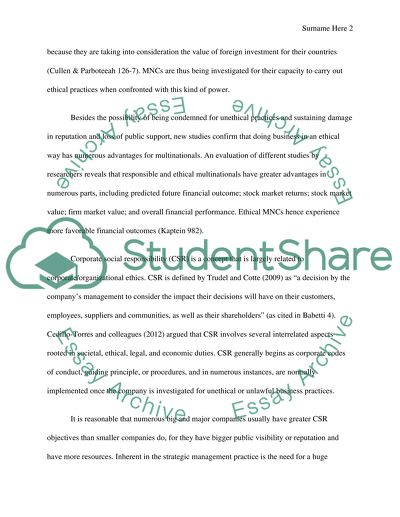Cite this document
(“International Management Essay Example | Topics and Well Written Essays - 1750 words - 4”, n.d.)
Retrieved from https://studentshare.org/marketing/1668529-international-management
Retrieved from https://studentshare.org/marketing/1668529-international-management
(International Management Essay Example | Topics and Well Written Essays - 1750 Words - 4)
https://studentshare.org/marketing/1668529-international-management.
https://studentshare.org/marketing/1668529-international-management.
“International Management Essay Example | Topics and Well Written Essays - 1750 Words - 4”, n.d. https://studentshare.org/marketing/1668529-international-management.


